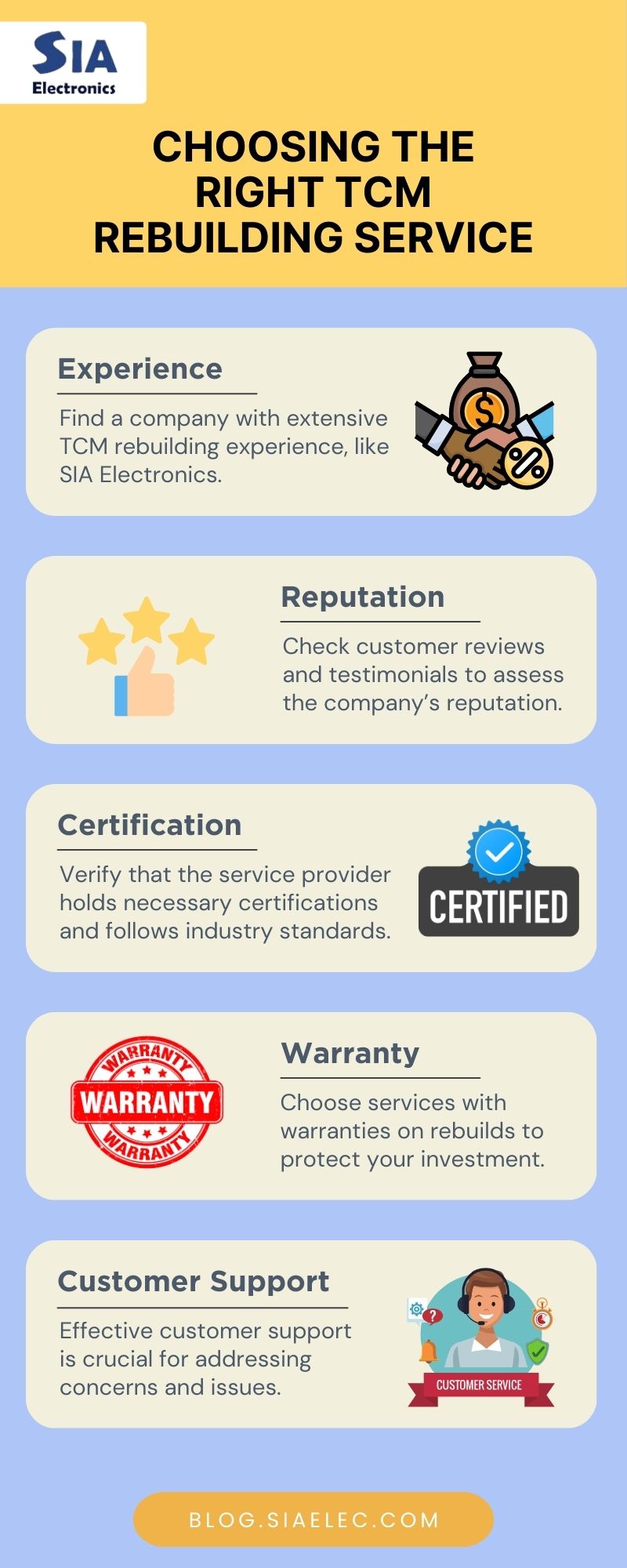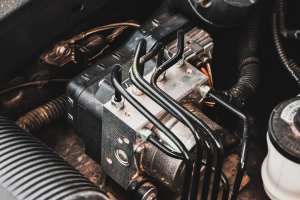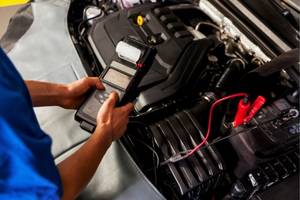Introduction
In the world of automotive repair, the Transmission Control Module (TCM) plays a pivotal role in ensuring smooth vehicle performance. Whether you’re a car enthusiast or a regular driver, understanding the importance of the TCM and the process of rebuilding it can be crucial for maintaining your vehicle’s efficiency and longevity. In this blog, we'll dive into the essentials of TCM rebuilding, addressing key questions and providing valuable insights into the process.
Table of Contents
What is a TCM (Transmission Control Module) and Why is it Important?
A Transmission Control Module (TCM) is an electronic control unit that manages the transmission system of your vehicle. It is responsible for controlling the timing and execution of gear shifts, optimizing fuel efficiency, and ensuring smooth driving experiences.
Key Functions of a TCM:
- Gear Shifting: The TCM determines the optimal times for gear changes based on driving conditions.
- Fuel Efficiency: By adjusting shift points, the TCM helps improve fuel economy.
- Transmission Protection: It prevents the transmission from overheating and other forms of damage by regulating its performance.
Given its critical role, a malfunctioning TCM can lead to erratic shifting, poor fuel economy, and even complete transmission failure.
What Are the Signs of a Failing TCM?
Recognizing the signs of a failing TCM can help you address the problem before it escalates. Here are some common symptoms:
- Erratic Shifting: Unusual or harsh gear changes can indicate TCM issues.
- Delayed Engagement: A noticeable delay in gear engagement may signal a problem with the TCM.
- Warning Lights: Transmission or check engine lights on your dashboard may be triggered by a malfunctioning TCM.
- Slipping Gears: If your vehicle unexpectedly slips out of gear, the TCM might be at fault.
- Poor Fuel Efficiency: Decreased fuel economy can be a result of inefficient gear shifting due to TCM issues.
Can I Rebuild a TCM Myself, or Should I Hire a Professional?
Rebuilding a TCM is a complex process that requires specialized knowledge and tools. While some experienced DIYers might be tempted to tackle the job themselves, it is generally recommended to hire a professional for several reasons:
Why Hire a Professional:
- Expertise: Professionals have the necessary skills and experience to accurately diagnose and repair TCM issues.
- Tools and Equipment: Specialized tools and diagnostic equipment are required for a successful rebuild.
- Warranty: Reputable services often provide warranties on their work, offering peace of mind.
- Complexity: Modern TCMs are sophisticated devices that can be challenging to repair without proper training.
What Should I Look for in a Reputable TCM Rebuilding Service?
Choosing the right TCM rebuilding service is crucial for ensuring quality and reliability. Here are some factors to consider:
- Experience: Look for a company with extensive experience in TCM rebuilding. For example, SIA Electronics has over 20 years of expertise in re-manufacturing automotive electronic control modules.
- Reputation: Research customer reviews and testimonials to gauge the company’s reputation.
- Certification: Ensure that the service provider has the necessary certifications and adheres to industry standards.
- Warranty: Opt for services that offer a warranty on their rebuilds to protect your investment.
- Customer Support: Good customer support can make a significant difference in addressing any concerns or issues.
What is the Process for Rebuilding a TCM?
The TCM rebuilding process involves several detailed steps to ensure that the module is restored to optimal working condition:
- Diagnosis: The first step involves diagnosing the TCM to identify any faults or issues. This typically includes using diagnostic tools and performing tests to pinpoint the problem.
- Disassembly: Once diagnosed, the TCM is carefully disassembled to access internal components.
- Inspection and Repair: Each component is inspected for wear and damage. Faulty parts are repaired or replaced as necessary.
- Reassembly: After repairs, the TCM is reassembled with precision to ensure all components are correctly aligned.
- Testing: The rebuilt TCM undergoes thorough testing to verify that it functions correctly and meets performance standards.
- Reinstallation: The TCM is then reinstalled in the vehicle, and further tests are conducted to ensure proper integration and performance.
Conclusion
Understanding the role of the Transmission Control Module and the importance of professional rebuilding services can significantly impact your vehicle’s performance and reliability. While some might consider a DIY approach, the complexity and precision required for TCM rebuilding make it a task best left to experienced professionals. By choosing a reputable service provider like SIA Electronics, you can ensure that your TCM is rebuilt to the highest standards, helping your vehicle run smoothly for years to come.
FAQs on
TCM Rebuilders : Understanding the Essentials for Optimal Vehicle Performance
-
1. How often should I have my TCM checked?
Ans.
Regular maintenance checks should include TCM inspection if you notice any symptoms of malfunction. Annual inspections or whenever you experience shifting issues are advisable.
-
2. Can a failing TCM cause transmission damage?
Ans.
Yes, a malfunctioning TCM can lead to improper shifting, overheating, and ultimately damage to the transmission system if not addressed promptly.
-
3. What is the cost of TCM rebuilding?
Ans.
Costs can vary based on the make and model of your vehicle, the extent of damage, and the service provider. It’s best to get a quote from a professional rebuilding service.
-
4. How long does a TCM rebuild take?
Ans.
The duration of a TCM rebuild can vary, but it typically takes a few days from diagnosis to reinstallation. Timelines can be affected by the complexity of the issue and the availability of parts.
-
5. Are there any risks associated with a DIY TCM rebuild?
Ans.
Yes, DIY rebuilding can lead to further damage if not done correctly. It’s recommended to hire a professional to avoid potential risks and ensure proper repair.
-
6. What should I do if my TCM fails after rebuilding?
Ans.
Contact the service provider immediately. Reputable companies offer warranties and should be able to address any issues that arise after the rebuild.



